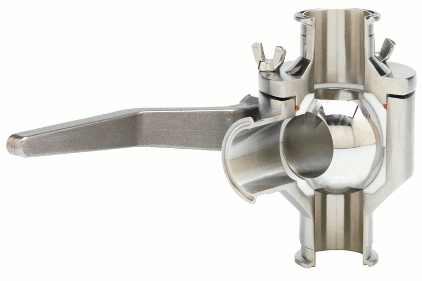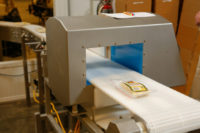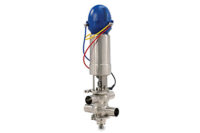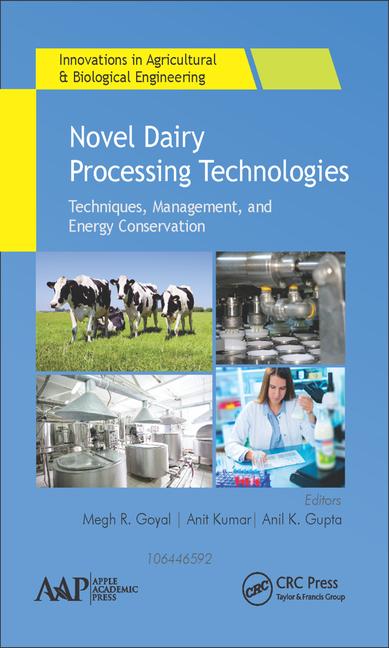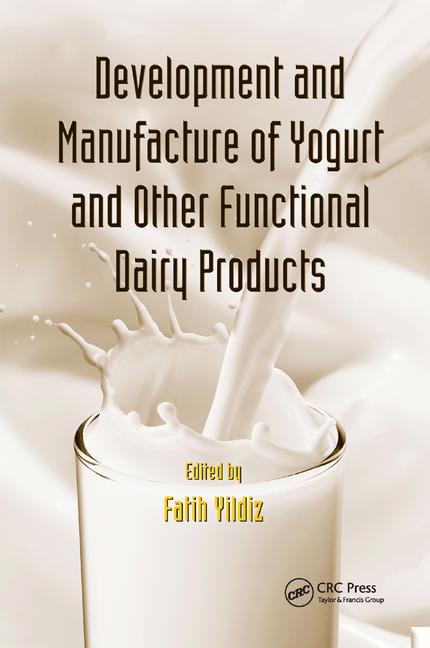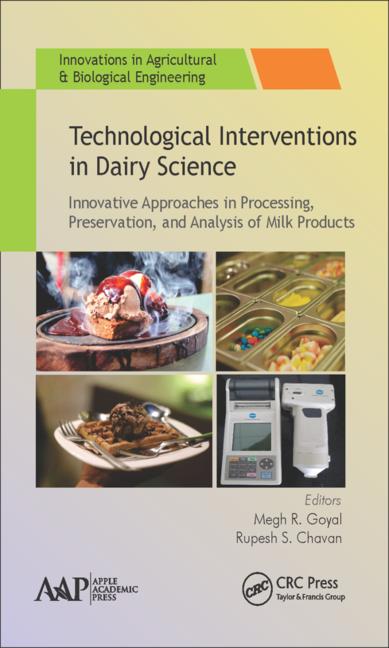John M. Weaver, Sales and Marketing, Lee Industries, Inc. - Fluid Transfer Division, Philipsburg, Pa.
Dairy Foods: Discuss recent innovations from your company. These could be brand-new products or upgrades to existing products. Relate these innovations to dairy processing.
Weaver: We are now offering jacketed valves in fractional sizes of ½” and ¾” and are now ISO 9001:2008 certified.
Dairy Foods: Food safety in general and the Food Safety Modernization Act in particular continue to be top of mind for plant managers. Explain to these managers the role that pumps and valves play in food safety.
Weaver: The importance of Sanitary Valves being used in food plants has been overlooked for years. The Food Safety Mod. Act brings focus to making sure items such as valves and pumps are sanitary certified designs, keeping end products safer for consumers.
Dairy Foods: Demand for cheese and for yogurt, especially Greek-style yogurt, has processors adding lines or building new plants. Help them choose the right products. What should they look for when considering pumps and valves for a cheese plant? For a yogurt plant?
Weaver: Look for equipment and designs that are 3A sanitary certified, and CIP designs.

Dairy Foods: Processors want to produce dairy foods with minimal waste. They want to get the most from milk, ice cream mix, cheese curd, etc. How can processors use pumps and valves to control costs?
Weaver: Use equipment with minimal components to help eliminate lost batches.
Dairy Foods: Processors are looking at the CIP process to minimize their use of water, which is another expense. What are some best practices in using valves and pumps?
Weaver: Using CIP valves and truly cleanable designed equipment.
Dairy Foods: After-market parts are showing up. Some might be less expensive, but they are not always a great deal in the long run. What should a processor know about after-market parts for pumps and valves?
Weaver: Using after market parts results in poor performance and voiding any warranties. In the long run it actually hurts them. We reference our “Lee Quality Program” which includes inspections, PMI programs, certifications, and documentation.
